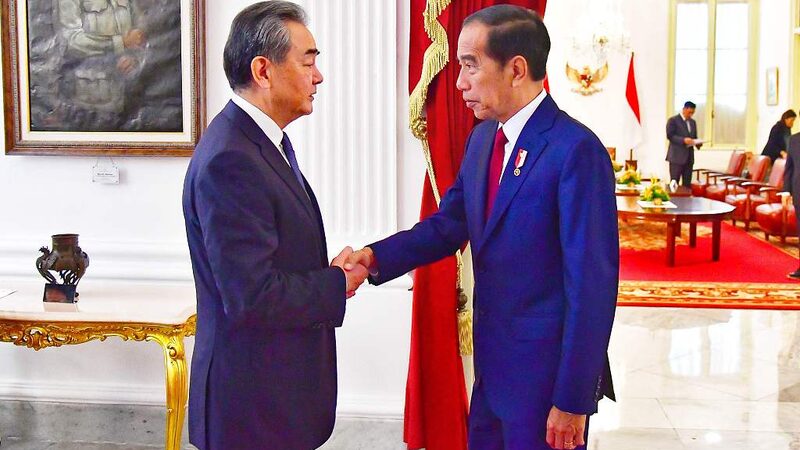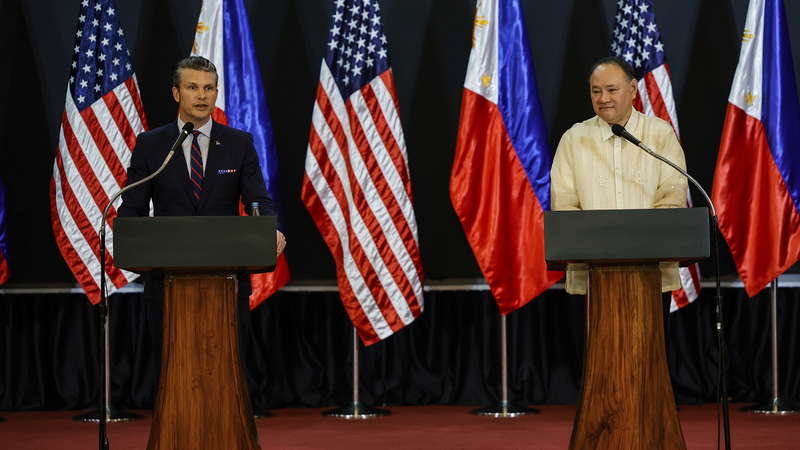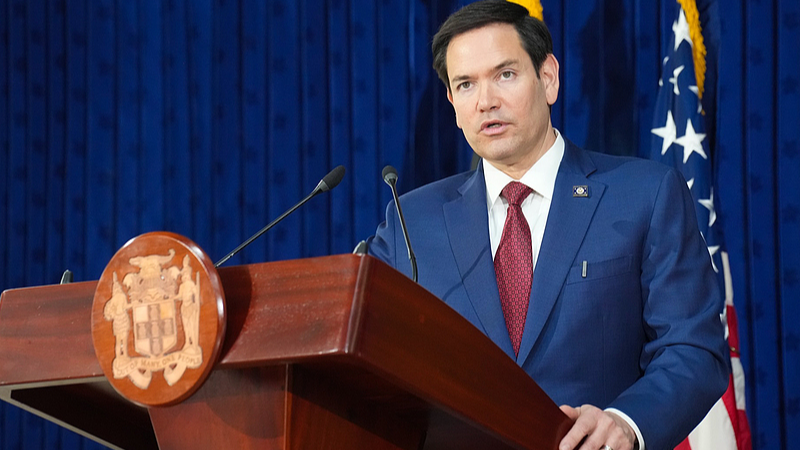This week marked a significant milestone in Indonesia-China relations as China's Foreign Minister, Wang Yi, concluded a two-day visit to Indonesia. This diplomatic engagement followed Indonesia's incumbent Defense Minister and President-elect, Prabowo Subianto, meeting with Chinese President Xi Jinping in Beijing. While the timing may seem coincidental, the underlying message is clear: both nations are pursuing greater strategic convergence.
One of the primary areas of convergence is regional stability. In the face of rising tensions across the Asia-Pacific, maintaining an open communication channel between major regional players like Indonesia and China is crucial for bilateral stability. Wang Yi's visit underscores Indonesia's pivotal role in the regional order and China's commitment to ongoing dialogue among its partners. Indonesia, in turn, sees this as an opportunity to voice its interests and concerns through the High-Level Dialogue and Cooperation Mechanism, demonstrating a steadfast commitment to bilateral relations despite global pressures.
Economic relations form the second pillar of this strategic alignment. President Joko Widodo has expressed a strong desire for increased access to the Chinese market and enhanced knowledge sharing in agricultural practices. The success of the Jakarta-Bandung high-speed train, which has already served over two million Indonesians, highlights the potential for further technological collaboration. The administration is keen on extending this service to Surabaya and developing a transportation system for Indonesia's new capital city, signaling a move towards deeper economic integration.
Furthermore, the visit reaffirms both nations' dedication to an open economy. Indonesia remains cautious about participating in global movements to decouple from China, recognizing the mutual benefits of maintaining open markets. By keeping its vast market accessible to Chinese products and ensuring that Chinese raw materials remain available to Indonesian industries, both countries are set to continue smooth trade and investment flows. Wang Yi's presence serves as a reassurance that Beijing is committed to facilitating this economic partnership.
In conclusion, the recent diplomatic interactions between Indonesia and China highlight a mutual interest in fostering regional stability and economic growth. Through sustained dialogue and strategic cooperation, both nations are positioning themselves as key players in shaping the future of the Asia-Pacific region.
Reference(s):
Greater convergence of strategic interests between Indonesia and China
cgtn.com




